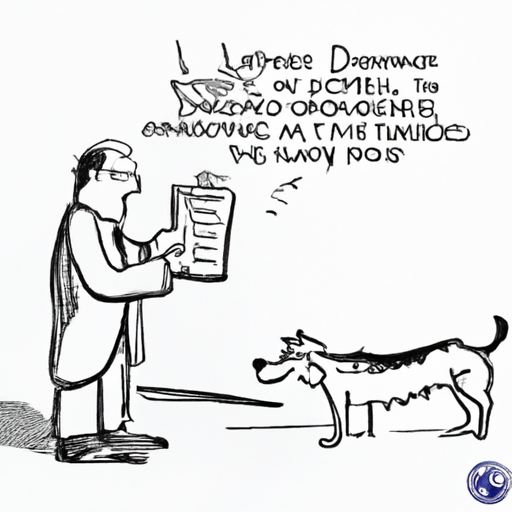As a caregiver, understanding the health risks associated with pets, especially dogs, is crucial. While dogs bring joy, companionship, and countless health benefits, they can, on occasion, also transmit diseases to humans. These diseases, known as zoonotic diseases, can range from minor infections to serious conditions. This article will explore five common diseases that dogs can pass on to humans.
1. Rabies (Lyssavirus)
Rabies is a deadly viral disease that can be transmitted to humans through the bite of an infected dog. This virus affects the central nervous system, causing inflammation in the brain and ultimately leading to death if not treated promptly.
Symptoms in Dogs:
- Aggression
- Foaming at the mouth
- Paralysis
Symptoms in Humans:
- Fever
- Headache
- Confusion
The best way to protect against rabies is to ensure your dog is vaccinated against the disease.
2. Lyme Disease (Borrelia Burgdorferi)
Lyme disease is a bacterial infection transmitted through the bite of an infected tick. While dogs cannot directly transmit the disease to humans, they can bring infected ticks into your home or yard.
Symptoms in Dogs:
- Fever
- Loss of appetite
- Swollen joints
Symptoms in Humans:
- Fatigue
- Fever
- Erythema migrans (EM) rash
It’s essential to regularly check your dog for ticks, particularly after time spent outdoors.
3. Leptospirosis (Leptospira Bacteria)
Leptospirosis is a bacterial disease that dogs can contract through contact with urine from infected animals. Humans can get leptospirosis through contact with an infected dog’s urine or with urine-contaminated water, soil, or food.
Symptoms in Dogs:
- Vomiting
- Muscle pain
- Jaundice
Symptoms in Humans:
- High fever
- Headache
- Chills
The leptospirosis vaccine can protect dogs from some strains of the bacteria.
4. Campylobacteriosis (Campylobacter Bacteria)
Campylobacteriosis is a bacterial infection that dogs can transmit to humans through feces. This bacteria can survive in the dog’s intestinal tract without causing any signs of illness in the dog but can cause diarrhea in humans.
Symptoms in Dogs:
- Often asymptomatic
Symptoms in Humans:
- Diarrhea (often bloody)
- Fever
- Stomach cramps
To prevent this disease, always wash your hands after handling your dog and dispose of dog feces promptly and safely.
5. Tapeworms (Dipylidium Caninum)
Dogs can contract tapeworms through fleas, and humans can contract tapeworms if they accidentally swallow a flea infected with tapeworm larvae.
Symptoms in Dogs:
- Weight loss
- Dragging their bottom on the ground
- Visible worms in feces
Symptoms in Humans:
- Stomach pain
- Diarrhea
- Weight loss
Regular flea control is the best way to prevent tapeworm infestation in both dogs and humans.
In conclusion, while dogs can transmit diseases to humans, the risk is relatively low, especially if you maintain your dog’s health with regular veterinary checkups and vaccinations.
FAQs
-
Can I get sick if my dog is sick?
Not all illnesses are zoonotic, so your dog being sick does not automatically mean you will get sick. However, certain diseases can be transmitted from dogs to humans. -
How can I prevent zoonotic diseases?
Regularly washing your hands, especially after handling your dog, cleaning up after your pet, and keeping up-to-date with your pet’s vaccinations can help prevent the transmission of zoonotic diseases. -
Can dogs transmit COVID-19 to humans?
According to the CDC, there’s currently no evidence that pets, including dogs, can spread COVID-19 to people. -
How often should I take my dog to the vet?
For adult dogs, annual check-ups are usually sufficient. Puppies and senior dogs may require more frequent visits. Your vet can provide a more specific schedule based on your dog’s health. -
What should I do if I suspect my dog has a zoonotic disease?
If you suspect your dog is carrying a zoonotic disease, contact your vet immediately. If you’re feeling unwell, seek medical attention.



